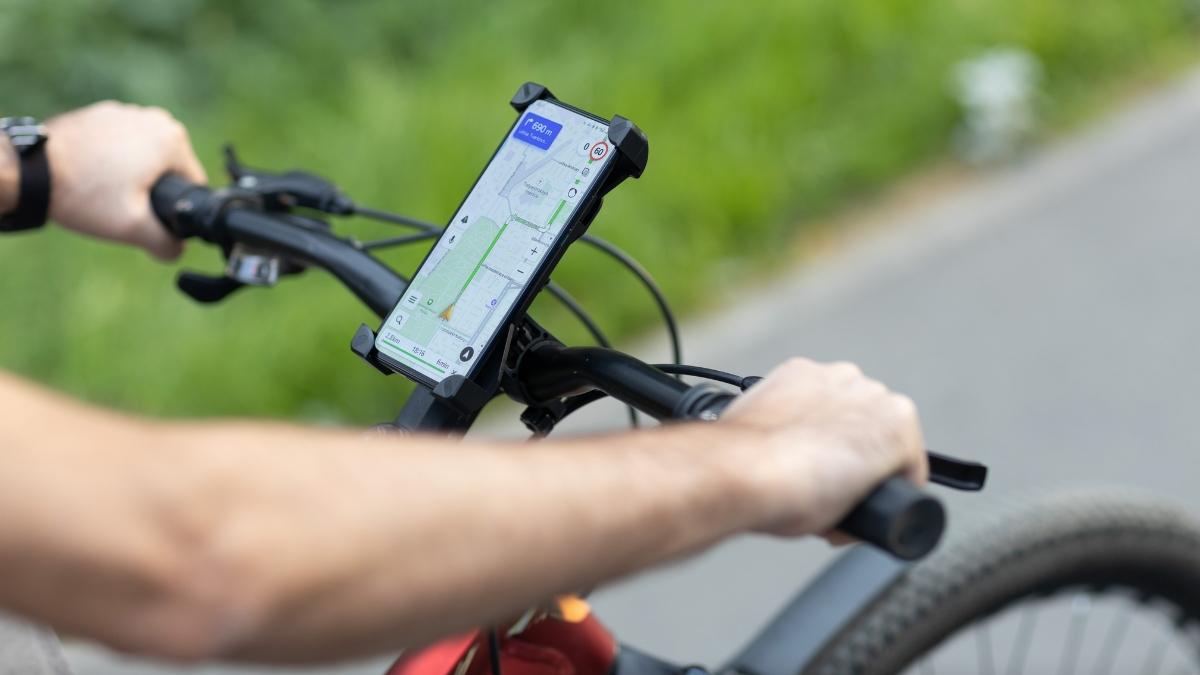As e-bikes continue to gain traction in the global market, integrating Internet of Things (IoT) technologies into their design ushers in a new era of connected mobility with increased safety, efficiency, and sustainability. In this article, we explore several innovative solutions for e-bikes in areas such as accident detection, GPS tracking, activity monitoring, and fleet management.
The Power of Connection: IoT-Enabled E-Bikes
E-bikes equipped with IoT technology have the potential to revolutionize urban transportation and significantly impact our daily lives, offering solutions to various challenges faced by modern cities. This includes reducing traffic congestion, lowering air pollution levels, promoting green energy use, and improving health and well-being among its users.
Accident Detection and Emergency Assistance
One critical aspect IoT can enhance e-bikes is safety through accident detection mechanisms. Sensors embedded within an e-bike can monitor parameters like speed, angular velocity, or external force impacts > these readings can be used to detect if a collision has occurred. Once sensed, the system sends vital data along with GPS location details to emergency response teams. Pairing this feature with a mobile app enables riders or their relatives to set up personalized alerts and real-time notifications about any incidents.
GPS Tracking and Route Optimization
Another key advantage enabled by IoT implementation is advanced navigation capabilities. By leveraging GPS technology and a rich database of local maps, e-bikes now offer precise positioning and route information for riders. Users can simply input their desired destination on a smartphone application, which communicates with the bike’s onboard navigation system to guide them on the most efficient route. Additionally, this technology can help locate stolen bikes and recover them quickly. A great example of this is the https://velco.tech/en/ company that provides smart and connected handlebars for your bike.

Fitness Tracking and Health Monitoring
Cycling is an excellent form of exercise, and many e-bike enthusiasts are eager to improve their fitness levels while enjoying a ride. IoT-enabled devices integrated into an e-bike can track various health parameters such as heart rate, distance travelled, calories burned, and riding speed. Moreover, syncing these data with mobile applications allows the rider to monitor their progress and set personalized fitness goals, further encouraging a more active lifestyle.
E-Bike Fleet Management and Maintenance
For businesses with shared e-bike fleets or larger organizations managing e-bikes for employees’ use, IoT solutions provide effective tools in terms of real-time tracking, inventory control, and maintenance scheduling.
Real-Time Tracking and Analytics for Fleets
IoT technology enables companies to keep track of essential metrics for each bike in the fleet, such as location, usage patterns, and load status. This level of oversight ensures that bikes are always available when needed, leading to better user experiences and higher engagement rates. Besides, the gathered data serves as valuable input for refining business processes, such as planning new charging stations, optimizing route allocations, and tweaking rental pricing models.
Preventative Maintenance and Damage Control
Regular maintenance is crucial for longevity and smooth operation of any e-bike fleet. IoT-powered systems continuously monitor components’ performance and predict potential issues before they escalate into critical failures. By detecting early signs of wear and tear or technical malfunctions, these systems notify fleet operators who can schedule repairs or replacements efficiently. Such proactive maintenance reduces downtime, saves on costly repairs and replacements, and prolongs the lifespan of each bike.
Future Prospects: The Road Ahead for IoT-Enhanced E-Bikes
As urban mobility continues to evolve, the demand for smart and eco-friendly transportation solutions is likely to increase. With IoT technology in place, e-bikes offer an ideal alternative for improved safety, efficiency, and sustainability.
Smart city initiatives integrating IoT-powered public transport systems and cycling infrastructure are already being planned and implemented worldwide. As this trend gains momentum, we can look forward to a future where commuting becomes more enjoyable, less harmful to our environment, and highly connected through intelligent devices fitted within e-bikes.

